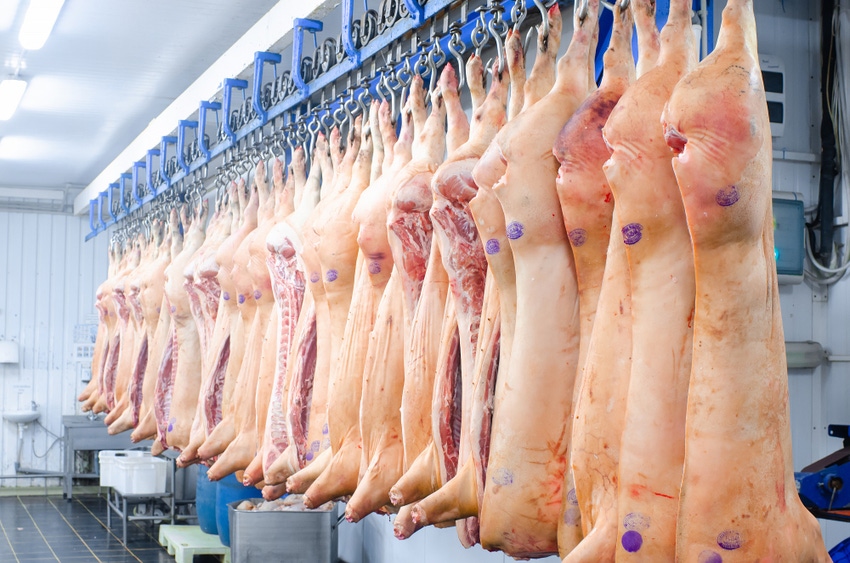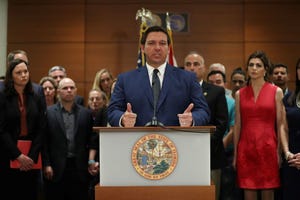New EPA rule threatens some meat processors
Legislative Watch: Rule could close 53 facilities; Biden not pursuing trade agreement with UK; American Climate Corps moving forward.
December 22, 2023

Last week, the Environmental Protection Agency announced a proposed rule targeting water discharges from Meat and Poultry Products facilities. The rule focuses on potential pollutants such as nitrogen, phosphorus, oil and grease, organic material, salts and ammonia.
The new proposal contains three options, and the agency is taking comments on the different versions. EPA estimates its preferred version would apply to about 850 of the 5,000 MPP facilities nationwide. The agency’s initial analysis found that the proposed rule would reduce MPP pollutant discharges by about 100 million pounds per year.
EPA estimates the rule would result in the closure of up to 53 facilities nationwide, causing over 20,000 lost jobs. It also would impose additional costs on up to 42% of current MPP discharging facilities. Two public hearings at the end of January have been announced on the proposal.
Biden not pursuing trade agreement with UK
The U.S. and United Kingdom have ended their effort to produce a “foundational trade agreement” before the 2024 election, according to a report by Politico. Disagreements over agriculture issues, the overall scope of the agreement and opposition from members of the U.S. Senate doomed the nascent effort.
In late August, the United States Trade Representative prepared an outline of a possible trade deal called the U.S.-UK Trade Partnership Forum. The plan was for negotiations to begin in late 2023 and end in spring 2024. However, the talks were expected to be limited in scope and not substantial enough to meet the World Trade Organization’s definition of a trade agreement. U.S. practices like chlorine-washed chicken and beef hormone use were expected to be major hurdles in an agreement.
According to USTR, goods and services trade with the UK totaled $295.6 billion in 2022, with U.S. exports $20.8 billion higher than imports from the UK. USDA’s Foreign Agricultural Service says the UK is the United States’ 14th-largest export destination, and the UK’s second-largest foreign source of agricultural goods, after the European Union. Just over $2 billion in U.S. ag exports are sent to the UK each year, led by wine, tree nuts and prepared foods.
American Climate Corps moving forward
On Tuesday, the Biden administration announced it was taking steps to implement a signature climate-change initiative, the American Climate Corps. The effort was announced by President Biden earlier this year and aims “to train the next generation of clean energy, conservation, and climate resilience workers, while putting them on a path to good-paying union jobs,” according to a USDA press release. Seven federal agencies – the Environmental Protection Agency, AmeriCorps, and the Departments of Commerce, the Interior, Agriculture, Labor and Energy – are working together to implement the Corps.
“Preparing our national forests and grasslands from the historic threats they face means training the next generation of forest managers and leaders to take up the mission of caring for these treasured landscapes,” said Agriculture Secretary Tom Vilsack. “Thanks to the long-term vision of the Biden-Harris Administration, Forest Corps is set to take on today’s conservation challenges while investing in the workforce we need for the future.”
With this week’s announcement, the agencies have entered a formal Memorandum of Understanding laying out the “mission, goals, priorities and next steps for implementing” the effort. Primary goals of the Corps are to reflect a comprehensive approach to tackling climate change, providing a pathway to high-quality employment and “creating economic opportunity in urban, rural, suburban and wilderness remote areas.”
About the Author(s)
You May Also Like





